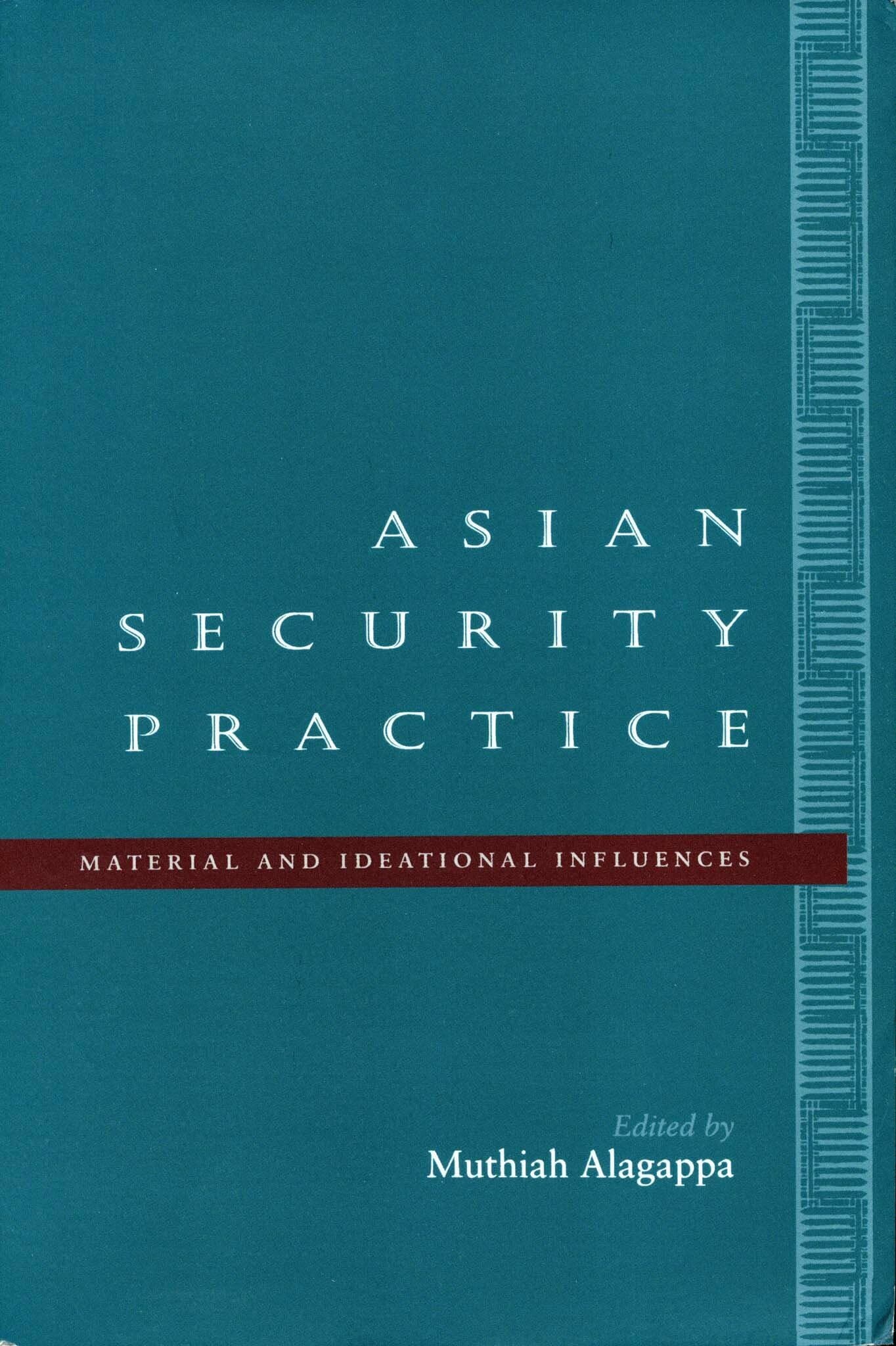Fabricating Homeland Security
Also Available from

Homeland security is rarely just a matter of the homeland; it involves the circulation and multiplication of policing practices across borders. Though the term "homeland security" is closely associated with the United States, Israel is credited with first developing this all-encompassing approach to domestic surveillance and territorial control. Today, it is a central node in the sprawling global homeland security industry worth hundreds of billions of dollars. And in the wake of the 2008 Mumbai terrorist attacks, India emerged as a major growth market. Known as "India's 9/11" or simply "26/11," the attacks sparked significant public pressure to adopt "modern" homeland security approaches. Since 2008, India has become not only the single largest buyer of Israeli conventional weapons, but also a range of other surveillance technology, police training, and security expertise.
Pairing insights from science and technology studies with those from decolonial and postcolonial theory, Fabricating Homeland Security traces 26/11's political and policy fallout, concentrating on the efforts of Israel's homeland security industry to advise and equip Indian city and state governments. Through a focus on the often unseen and overlooked political struggles at work in the making of homeland security, Rhys Machold details how homeland security is a universalizing project, which seeks to remake the world in its image, and tells the story of how claims to global authority are fabricated and put to work.
—Beatrice Jauregui, author of Provisional Authority: Police, Order, and Security in India
"In this remarkable book, Rhys Machold traces how a range of transnational processes intersect to produce a political technology aimed at enhancing forms of racial governance across the globe. While empirically situated in India and Palestine/Israel,Fabricating Homeland Security is essential reading for anyone interested in how contemporary practices of security and policing are traded in the market and then used by state and corporate actors to organize, manage and control societies."
—Neve Gordon, Queen Mary University of London
"The homeland is not where you think it is. Based on impressive research in India and Palestine/Israel, Rhys Machold's rich Fabricating Homeland Security illustrates how global networks of security experts have woven a complex and transnational tapestry of counter terrorism technologies and practices. In a moment of renewed state violence justified by fears of terrorism, this insightful analysis is timely and urgent."
—Stuart Schrader, author of Badges Without Borders
"The distinctive merit of Rhys Machold's Fabricating Homeland Security is how it situates the effort in India to strengthen its security apparatus within a wider Western dominated context to promote a new 'state form and model of policing' for universal transnational dissemination."—Achin Vanaik, The India Forum
"[Fabricating Homeland Security] expertly weaves together different and sometimes contradictory threads that comprise the Israeli colonial enterprise as well as India's self-image, which sees itself as the keeper of its own exceptional identity on the world stage."—Azad Essa, Middle East Eye
"Machold's research shows that what happened after 26/11 was far more complicated than the transfer of weapons and training from Israel to India. Israeli officials and businessmen, together with Indian English-language media, wanted India to learn from Israel's approach to homeland security and then replicate it."—Marc Martorell Junyent, The New Arab
"This is a must-read volume for students and scholars of security studies, political anthropology, and ethnography. Essential."—T. Gitzen, CHOICE
"Taken together, Machold's rich ethnography combined with his thoughtful analysis provides important insight into the historically and spatially contingent fabrication of homeland security that is continuously contested and reworked on the ground."—Nicole Nguyen, Antipode




